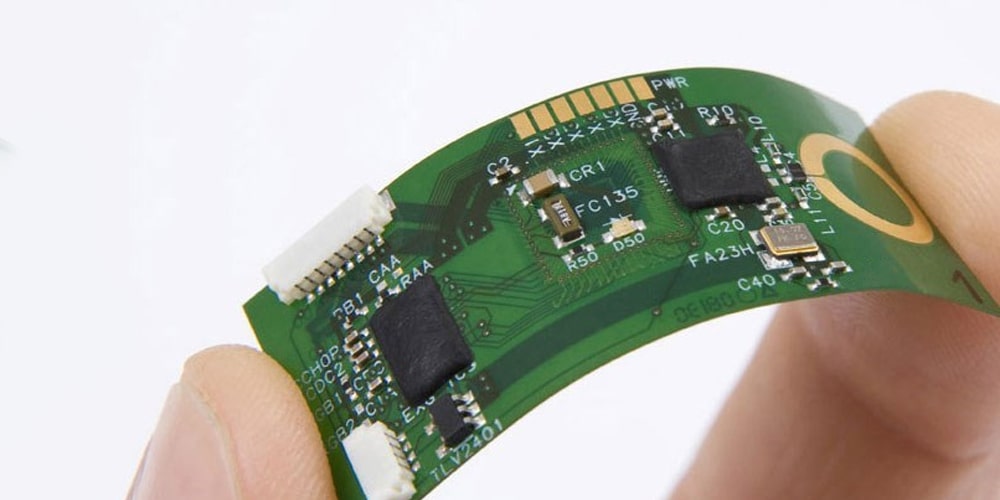What is a 0.2mm thickness PCB?
21 January 2025
Views: 88
What is a 0.2mm thickness PCB?
The normal thickness of a PCB is 0.8mm to 2.0mm. PCBs less than 0.6mm are called thin PCBs, and those under 0.4mm are ultra-thin PCBs. 0.2mm PCBs are manufactured using state-of-the-art materials and processes to reduce material thickness to just 0.2mm while maintaining functionality. Despite their thin thickness, 0.2mm PCBs can still support complex circuits.
Key Features of 0.2mm Thickness PCBs
Ultra-Thin Thickness
With a thickness of just 0.2mm, these PCBs enable extremely compact designs, making them ideal for miniaturized electronic devices.
Lightweight
The reduced thickness and therefore lighter weight help reduce the overall weight of the final product.
High-Precision Manufacturing
The production of such thin PCBs requires tight tolerances and advanced manufacturing processes.
Limited Number of Layers
With a thin structure, 0.2mm PCBs typically have one to two layers, although more layers are possible using specialized techniques.
Applications of 0.2mm Thickness PCBs
Wearables
Devices such as smart watches, fitness trackers, and health monitoring systems benefit from the lightweight and slim design of 0.2mm PCBs.
Mobile Phones
Mobile phones require compact and lightweight components. Ultra-thin PCBs help reduce the overall thickness of the phone while maintaining functionality.
Medical Devices
Small medical devices such as hearing aids and implantable electronics use 0.2mm PCBs due to their small size and high precision.
Flexible Electronics
Flexible displays, foldable phones, and other devices with curved surfaces can use 0.2mm PCBs made of flexible materials.
Aerospace and Automotive
In the aerospace and automotive industries, where weight reduction is critical, 0.2mm PCBs are used for sensors and compact modules.
Conclusion
0.2mm thickness PCBs are a special type of PCB that is very thin and light, making them ideal for compact portable devices, especially in industries such as wearables, mobile devices, and medical devices where miniaturization is a major goal.
Share This Story, Choose Your Platform!















